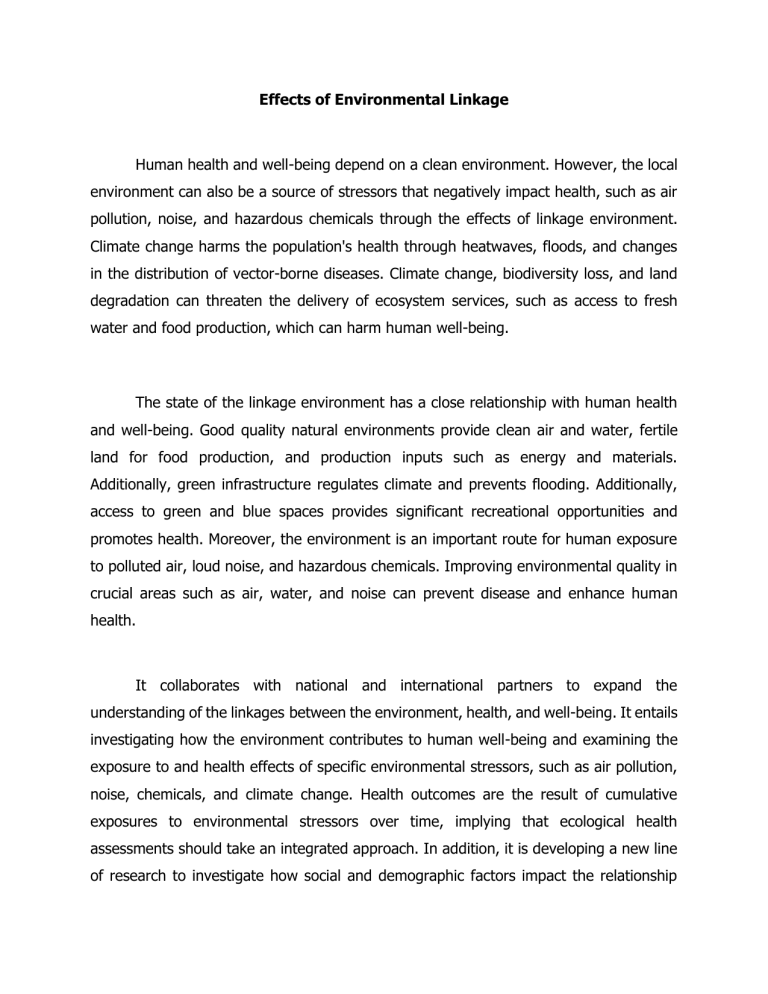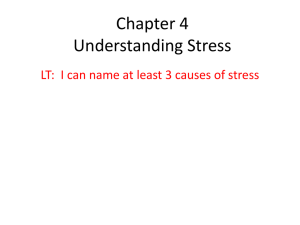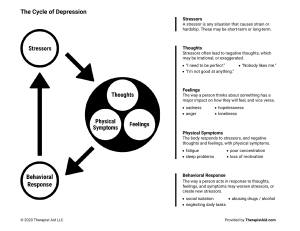
Effects of Environmental Linkage Human health and well-being depend on a clean environment. However, the local environment can also be a source of stressors that negatively impact health, such as air pollution, noise, and hazardous chemicals through the effects of linkage environment. Climate change harms the population's health through heatwaves, floods, and changes in the distribution of vector-borne diseases. Climate change, biodiversity loss, and land degradation can threaten the delivery of ecosystem services, such as access to fresh water and food production, which can harm human well-being. The state of the linkage environment has a close relationship with human health and well-being. Good quality natural environments provide clean air and water, fertile land for food production, and production inputs such as energy and materials. Additionally, green infrastructure regulates climate and prevents flooding. Additionally, access to green and blue spaces provides significant recreational opportunities and promotes health. Moreover, the environment is an important route for human exposure to polluted air, loud noise, and hazardous chemicals. Improving environmental quality in crucial areas such as air, water, and noise can prevent disease and enhance human health. It collaborates with national and international partners to expand the understanding of the linkages between the environment, health, and well-being. It entails investigating how the environment contributes to human well-being and examining the exposure to and health effects of specific environmental stressors, such as air pollution, noise, chemicals, and climate change. Health outcomes are the result of cumulative exposures to environmental stressors over time, implying that ecological health assessments should take an integrated approach. In addition, it is developing a new line of research to investigate how social and demographic factors impact the relationship between the environment and health. It involves evaluating how a person's social status and age influence their exposure to environmental stressors and the resulting health effects. In the Philippines, known environmental stressors that affect human health are subject to regulatory control, and efforts are underway to reduce exposure. However, there are also new issues whose environmental pathways and health effects are poorly understood. These include antimicrobial resistance and changes in human exposure to chemicals in products as the economy shifts toward a circular model and recycling rates rise.






